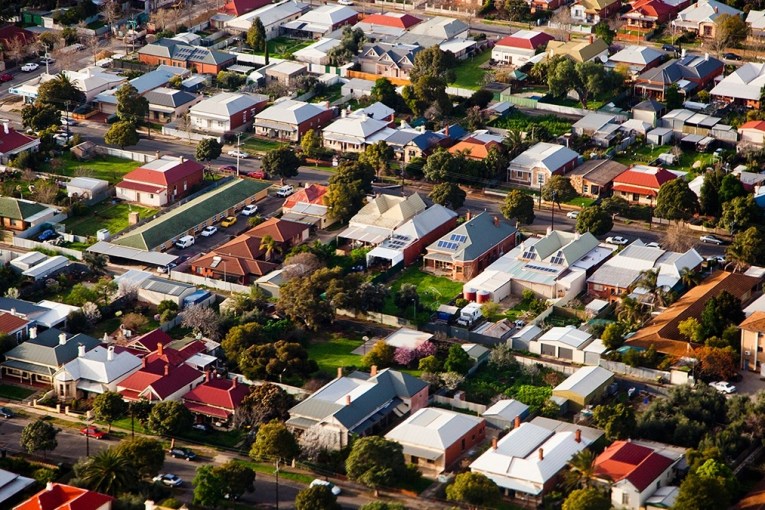Property market limps on as clearance rates drop to pre-boom levels


This home in Cronulla sold for $2,350,000. Photo: McGrath Sylvania
Auction clearance rates have fallen to their lowest level since the last downturn came to an end in June.
Four out of 10 vendors cancelled their auctions this week out of fear their properties would fetch a low price in the current climate.
And almost half of the homes that did go under the hammer failed to find a buyer.
The preliminary weighted clearance rate across the capital cities came in at 51.4 per cent, according to property analytics firm CoreLogic.
That was a significant step down from last week’s preliminary clearance rate of 61.3 per cent, and marked the worst result since the market found its trough in June.
The figures were the first set of results since the government introduced a ban on on-site and in-room auctions to contain the spread of the coronavirus.
Before the restrictions were announced, the week was set to be busiest of the year for the resurgent auction market.
Now, down to brass tacks
Across the capital cities, 3203 homes were scheduled for auction, before 40 per cent of vendors pulled the plug in response to the government’s latest round of restrictions.
People still bought homes via private sales and virtual auctions over the phone and internet, but volumes and clearance rates dropped across the board.
Melbourne, the nation’s busiest auction market, initially had 1304 auctions scheduled for Saturday.
But of the 609 results captured by CoreLogic, 360 homes were sold, giving a preliminary clearance rate of 59.1 per cent for the day.
More homes were sold before auction (263) than under the hammer (89), and 206 auctions were cancelled.
A similar story played out in Sydney.
There, 978 auctions were scheduled for Saturday, and of the 646 results captured, 312 homes were sold, giving a preliminary clearance rate of 48.2 per cent for the day.
Only 59 homes were sold through virtual auctions, though, with 250 selling prior to auction and 296 withdrawn.

Sydney’s most expensive confirmed sale was at 26 Cook Street in Cronulla. Photo: McGrath Sylvania
Figures stronger than year before
Despite the plummeting activity, the results were still up on the same time last year, when 2164 auctions returned a clearance rate of 50.9 per cent.
CoreLogic auction commentator Kevin Brogan said the high number of withdrawals was expected given the government’s new restrictions on auctions and “the rising level of uncertainty from both buyers and sellers”.
He also said agents had faced technical challenges while moving their auctions online – only adding to the sector’s woes. (One agent told Domain logged onto an online auction shirtless this week.)
“Looking forward, the coming months are likely to see substantially fewer auctions than normal,” Mr Brogan wrote in a note.
“Some vendors will choose to convert their listing to a private treaty method, while others will likely pull their property from the market all together until confidence and selling conditions improve.
“The auctions that proceed will likely utilise digital platforms such as Gavl or AuctionNow as well as proprietary platforms from the major real estate groups.”

The four-bedroom, three-bedroom home in Cronulla, NSW sold for $2,350,000. Photo: McGrath Sylvania
Rising unemployment is the biggest risk
AMP Capital chief economist Shane Oliver earlier warned that the economic upheaval sown by the coronavirus could slash house prices by up to 20 per cent if unemployment reached 10 per cent.
And economists at NAB bank are tipping the jobless rate to hit 12 per cent by the middle of the year.
“The future path of both GDP and unemployment will very much depend on the time taken to bring the virus under control and the government’s economic responses to quarantine its spread and ultimately relax these measures,” the economists wrote in a note.
“While we appreciate that both monetary and fiscal policy have responded strongly and will likely respond further, these actions are unlikely to fully offset the short-term impact of the large economic shock under way.
“They will, however, provide significant support in the recovery phase.”








